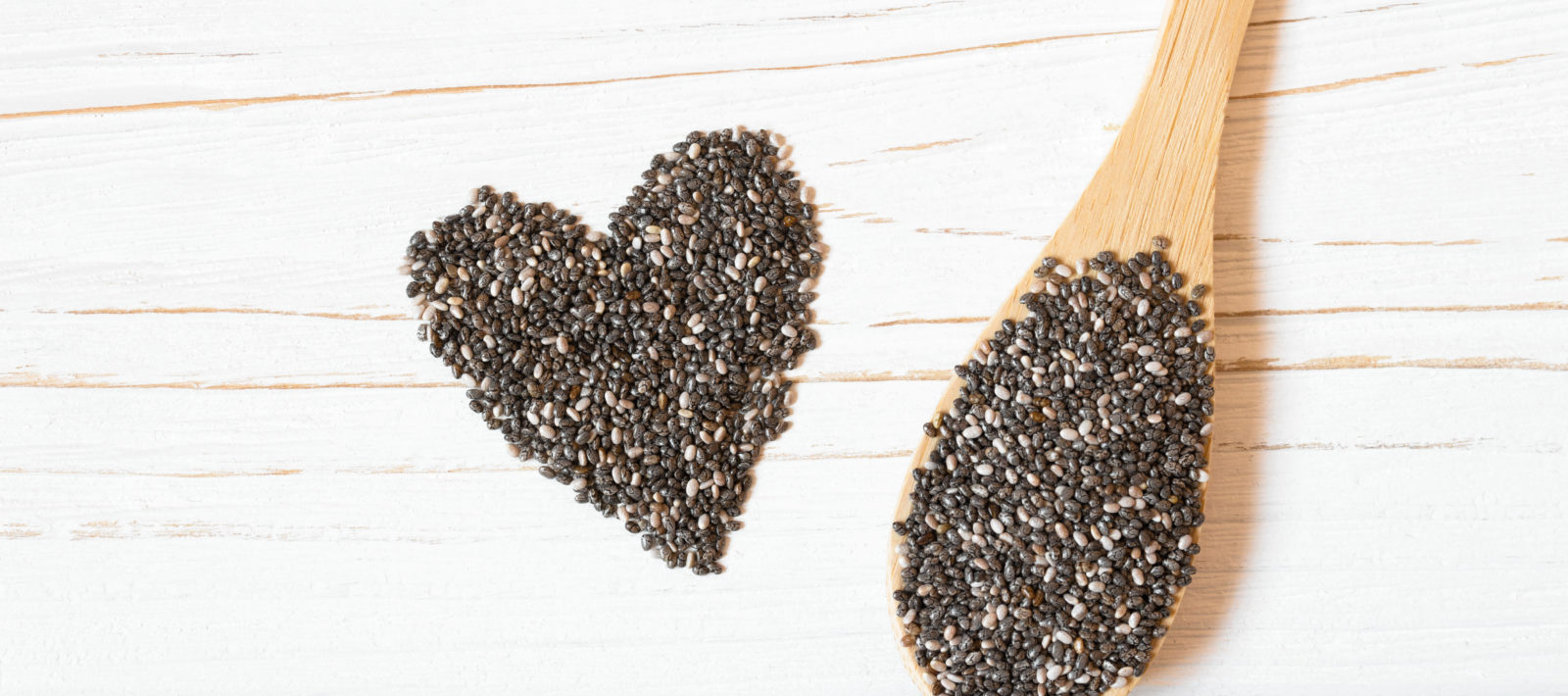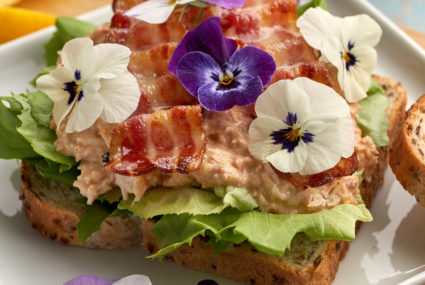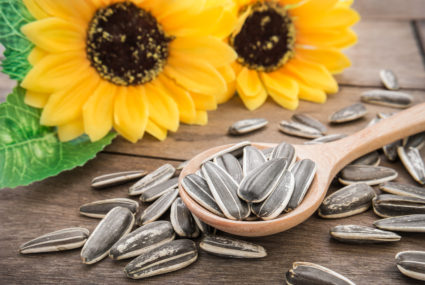In our last blog post, we talked about the wonderful health benefits of eating seeds and the surprising amount of nutrition that’s packed inside each tiny bite!
Not only are seeds bursting with essential vitamins and minerals, but they also give us the protein, fibre and healthy fats that are necessary for a healthy lifestyle. In fact, seeds are one of the few plant-based sources of the essential fatty acid omega-3, which is necessary for so many of our bodily functions.
Our heart is one organ that benefits enormously from omega-3s, with studies showing how they help prevent cardiovascular illnesses like heart disease or strokes.
In this blog post, we’ll take a closer look at how eating seeds can help keep our hearts healthy.
What exactly are omega-3s?
This is the science bit!
Omega-3s are part of a group of polyunsaturated fats known as ‘essential fatty acids’. They are given the name ‘essential’ because our body requires them to perform some vital functions – rather than storing them as energy (or extra fat!).
We need to get omega-3s from our diet because our body can’t make them.
The three most important omega-3s are:
- ALA – which are found in plants, seeds and nuts
- EPA and DHA – which are mostly found in animal foods like fatty fish.
Each type gives us slightly different benefits, but don’t worry if you don’t eat fish – our body can convert ALA to EPA and DHA.
Omega-3 and a healthy heart
Back in 1946, scientists found that the Eskimos living in Newfoundland rarely suffered from cardiovascular disease, compared to the rest of the North American population. They attributed this to their diet, which was rich in oily fish and seafood.
Further research revealed that it was specifically the high levels of omega-3 fatty acids present in their diets that helped keep their hearts so healthy. Despite the high-fat content of the food they ate, heart disease was rare.
It’s now known that other countries where people consume lots of omega-3 rich foods – like in the Mediterranean and Japan – also experience very low levels of cardiovascular diseases.
When it comes to the heart, the benefits of omega-3s are enormous. They help:
- Reduce triglycerides, a fat that enters the blood after eating
- Reduce blood pressure (the single biggest risk factor for a stroke)
- Raise “good” HDL cholesterol levels
- Prevent blood clots by stopping blood platelets from clumping together.
- Keep the rhythm of your heart steady.
Additionally, a diet rich in omega-3 is thought to help reduce some of the damage caused by a stroke and even help with recovery. Charity Heart UK say that a diet high in omega-3 can help to prevent strokes, while according to the NHS, one of the best ways to prevent a stroke is by maintaining a healthy lifestyle and a balanced diet.
There is still a lot of ongoing research on the role that omega-3 plays in heart health, but doctors believe that the benefits come from eating whole foods rather than supplementation.
Seeds are rich in Omega 3
Because our body can’t store omega-3, we must try to get it through our diet to reap the benefits. Unfortunately, most of us in the UK don’t get enough.
Although there is no official recommendation for the ideal amount of omega-3s to consume, the UK government advises eating two portions of oily fish each week. But not everyone wants to eat fish regularly, and this recommendation doesn’t accommodate people who eat vegetarian or vegan diets. It can also be a challenge to get some children to eat fish!
Thankfully, eating seeds is both a very tasty and effective way to get omega-3s into your diet. Sprinkling them over your breakfast cereal, lunchtime salads or baked goods means that you can eat omega-3s every day, even multiple times a day, to make sure you benefit from their health-boosting qualities.
Some excellent sources of omega-3 are:
- Linseeds
- Chia seeds
- Hemp seeds
- Pumpkin seeds
As well as helping you keep up your omega-3 intake, eating a diet rich in seeds means that you will also get an abundance of other health benefits!
Our Vogel’s bread is full of delicious seeds, making it easy for you to get that all-important omega-3 into your diet. All our seeds are soaked for 12 hours before baking to make sure all of the goodness inside the shell can be absorbed by the body.












